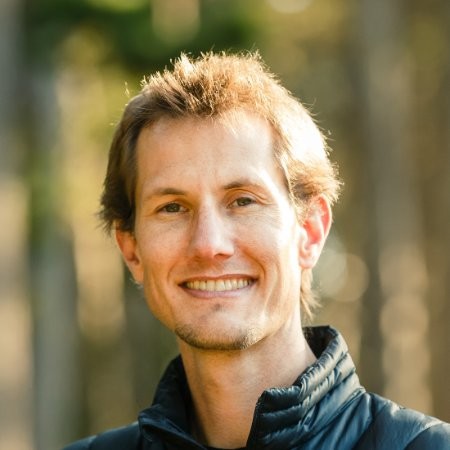
This is a weekly series of excerpts from the new book “The B Corp Handbook: How to Use Business as a Force for Good“ (Berrett-Koehler Publishers, October 13, 2014). Click here to read the rest of the excerpts.
By Ryan Honeyman
Our series continues with the next installment of a six-week, turbocharged Quick Start Guide to becoming a Certified B Corporation.
Week one focused on getting a baseline assessment of your social and environmental performance, week two focused on motivating and engaging your team, and week three was about creating an action plan for B Corp certification.
Week Four: Implement your improvements
Time estimate: One to five hoursOBJECTIVE: The objective during week four is for you and your team to dig in and start completing the items on your action plan.
END RESULT: An increase in your B Impact Assessment score.
1. Gather data and research
Depending on your action plan, this is where you start identifying the financial, worker, supplier, community, and environmental data required to update your B Impact Assessment responses. If necessary, contact the people responsible for the data you need.
2. Create policies and procedures
One of the best ways to earn points on the B Impact Assessment is to formalize your policies and procedures in writing. For example, your company can earn points by creating an environmental purchasing policy, a local purchasing policy, a community service policy, an employee handbook, a whistle-blowing policy, a code of ethics, a supplier code of conduct, or an external annual report that details your mission-related performance.
3. Download Free Templates
I created a free collection of 20+ policies, procedures, and templates that you can use to earn points on the B Impact Assessment. Feel free to modify these documents to fit your company's needs.
Ryan's Tip: If you are seeking B Corp certification, a good practice is to ask yourself, “If I were audited, what written documentation do I have that could prove that my answer is correct?” In almost every case you’ll need physical proof, not just informal practices, to qualify for points during the assessment review process.
Coming next week: Week Five: Fine-Tune Your Performance
Image credit: B Lab
Ryan Honeyman is a sustainability consultant, executive coach, keynote speaker, and author of The B Corp Handbook: How to Use Business as a Force for Good. Ryan helps businesses save money, improve employee satisfaction, and increase brand value by helping them maximize the value of their sustainability efforts, including helping companies certify and thrive as B Corps. His clients include Ben & Jerry’s, Klean Kanteen, Nutiva, McEvoy Ranch, Opticos Design, CleanWell, Exygy, and the Filene Research Institute.
To get exclusive updates and free resources about the B Corp movement, sign up for Ryan’s monthly newsletter. You can also visit honeymanconsulting.com or follow Ryan on Twitter:@honeymanconsult.

Ryan Honeyman is a sustainability consultant, executive coach, keynote speaker, and author of "The B Corp Handbook: How to Use Business as a Force for Good" (Berrett-Koehler Publishers, October 2014), the world’s first book on B Corporations.
Ryan helps businesses save money, improve employee satisfaction, and increase brand value by helping them maximize the value of their sustainability efforts, including helping companies certify and thrive as a B Corp. His clients include Ben & Jerry’s, Klean Kanteen, Nutiva, CleanWell, Exygy, and the Filene Research Institute.
Honeyman Sustainability Consulting, a Certified B Corporation, was recently honored—alongside Patagonia, Seventh Generation, New Belgium Brewery, GoLite, and Method—on the 2014 B Corp “Best for the Environment List,” which recognizes businesses that have scored in the top 10% of all B Corps worldwide for positive environmental impact.
Ryan has written articles for Utne Reader, TriplePundit, Sustainable Industries, and the Credit Union Times. He has also been a featured speaker at the Wharton School of Business at the University of Pennsylvania, the Hass School of Business at the University of California, Berkeley, San Francisco State University, Mills College, the California College of the Arts, the Sustainable Enterprise Conference, the Marin Renaissance Entrepreneurship Center, the New Sector Alliance, Nextspace, the Impact Hub Oakland, and the Impact Hub SoMa in San Francisco.
Ryan holds a B.A. from the University of California, Santa Cruz and a M.Sc. from the London School of Economics and Political Science.














